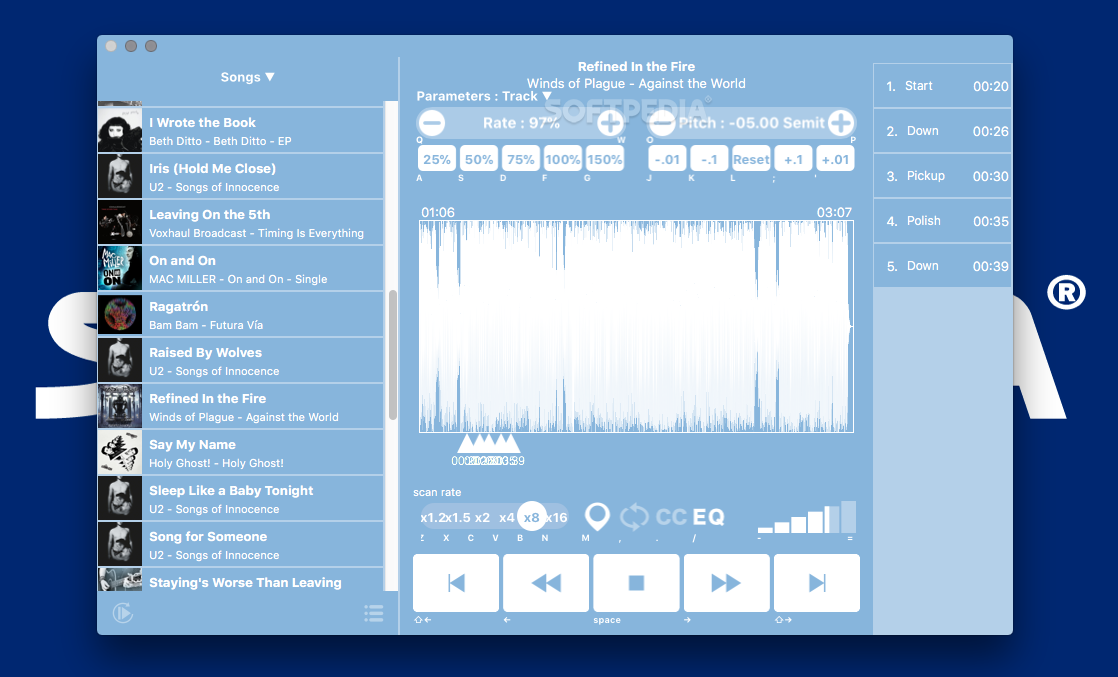

-markus-r%C3%B6der-(general-manager-h%C2%B4art-musik)-julian-loewe-(a&r-coordinator-finetunes)-thomas-anders-oke-g%C3%B6ttlich-(gesch%C3%A4ftsf%C3%BChrer-finetunes)-und-christian-geller/newspics/896/406896_1/b2780x1450.jpg)
- #Finetunes vs kontor new media how to
- #Finetunes vs kontor new media update
loralib/ contains the source code for the package loralib, which needs to be installed to run the examples we provide. There are several directories in this repo: (The initial release of this repo has been archived in the branch "snapshot-9-15-2021") Please follow the instructions in examples/NLG/ to reproduce our result. We include confidence intervals on results from our experiments. Non-LoRA baselines, except for adapter on GPT-2 large, are taken from Li and Liang (2021). We evaluated on E2E NLG Challenge, DART, and WebNLG: On GPT-2, LoRA compares favorably to both full finetuning and other efficient tuning methods, such as adapter (Houlsby et al., 2019) and prefix tuning (Li and Liang, 2021). Please follow the instructions in examples/NLU/ to reproduce our results. Note: You still need the original pre-trained checkpoint from HuggingFace to use the LoRA checkpoints.įine-tuning numbers are taken from Liu et al. Click the numbers below to download the RoBERTa and DeBERTa LoRA checkpoints. We obtain result comparable or superior to full finetuning on the GLUE benchmark using RoBERTa (Liu et al., 2019) base and large and DeBERTa (He et al., 2020) XXL 1.5B, while only training and storing a fraction of the parameters. LoRA also outperforms several other adaptation methods including adapter, prefix-tuning, and fine-tuning. This vastly reduces the storage requirement for large language models adapted to specific tasks and enables efficient task-switching during deployment all without introducing inference latency. LoRA reduces the number of trainable parameters by learning pairs of rank-decompostion matrices while freezing the original weights. Update 2/2023: LoRA is now supported by the State-of-the-art Parameter-Efficient Fine-Tuning (PEFT) library by HuggingFace.

Hu*, Yelong Shen*, Phillip Wallis, Zeyuan Allen-Zhu, Yuanzhi Li, Shean Wang, Lu Wang, Weizhu Chen See our paper for a detailed description of LoRA.Įdward J.
This repo contains the source code of the Python package loralib and several examples of how to integrate it with PyTorch models, such as those in HuggingFace. (For the radio communication technique, see LoRa.) LoRA: Low-Rank Adaptation of Large Language Models



-markus-r%C3%B6der-(general-manager-h%C2%B4art-musik)-julian-loewe-(a&r-coordinator-finetunes)-thomas-anders-oke-g%C3%B6ttlich-(gesch%C3%A4ftsf%C3%BChrer-finetunes)-und-christian-geller/newspics/896/406896_1/b2780x1450.jpg)



 0 kommentar(er)
0 kommentar(er)
